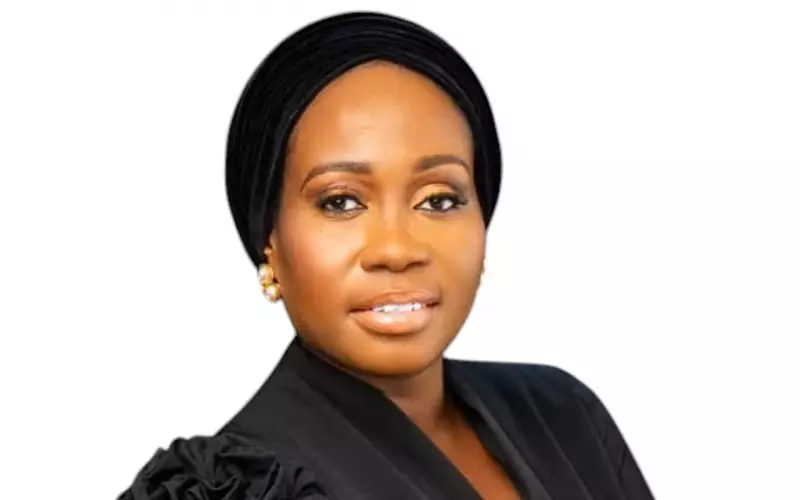
In a bold move to transform HIV/AIDS response in West Africa's most populous city, Lagos State has launched a revolutionary partnership with religious leaders aimed at dismantling the deep-rooted stigma and discrimination facing Persons Living with HIV (PLHIV).
Faith Leaders Take Center Stage in Health Revolution
The Lagos State AIDS Control Agency (LSACA) has recognized the unparalleled influence religious figures wield in Nigerian communities. By empowering clerics with accurate information and strategic messaging, the state aims to transform places of worship into sanctuaries of support rather than sources of judgment.
Dr. Monsurat Adeleke, LSACA's formidable General Manager, emphasized that religious institutions serve as critical pillars in the community structure. "When a pastor, imam, or religious leader speaks, people listen with their hearts," she noted during the groundbreaking sensitization workshop.
Breaking Down Harmful Myths
The initiative specifically targets dangerous misconceptions that have persisted for decades:
- HIV cannot be transmitted through casual contact like hugging or sharing meals
- Modern treatment allows PLHIV to live full, healthy lives
- Discrimination violates fundamental human rights and religious principles
- Stigma drives infections underground, worsening the epidemic
The Human Cost of Stigma
Behind the statistics lie real human stories of pain and isolation. Many PLHIV report being ostracized from their places of worship, denied participation in religious activities, or facing whispered judgments that damage their spiritual and emotional well-being.
"When someone living with HIV stops attending church or mosque because they fear rejection, we have failed as faith communities," one participating cleric acknowledged emotionally.
A New Era of Compassionate Leadership
The training equips religious leaders with:
- Scientific facts about HIV transmission and treatment
- Pastoral counseling techniques for supportive care
- Strategies for inclusive sermon development
- Resources for referring congregants to testing and treatment
Building Bridges to Better Health Outcomes
This innovative approach recognizes that medical solutions alone cannot end the HIV epidemic. The social and spiritual dimensions are equally crucial in creating an environment where people feel safe to seek testing, disclose their status, and adhere to treatment regimens.
The ultimate vision is creating faith communities where PLHIV can worship without fear, access support without shame, and contribute without limitations—transforming Lagos into a model of compassionate HIV response for the entire continent.
As religious leaders return to their congregations armed with new knowledge and renewed purpose, Lagos moves closer to its goal of zero new infections, zero discrimination, and zero AIDS-related deaths.






